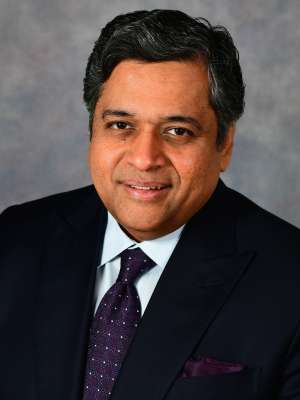
Kalyanam Shivkumar, MD, PhD
Dr. Shivkumar is a physician scientist who serves as the inaugural director of the UCLA Cardiac Arrhythmia Center & EP Programs (since its establishment in 2002). He is a graduate of the UCLA STAR Program (class of 2000) and his field of specialization is interventional cardiac electrophysiology. He leads a large group at UCLA (a diverse group of fifteen faculty members, several trainees and sixty staff + allied health professionals) involved in clinical care, teaching, research and biomedical innovation. The team provides state of the art clinical care, has developed several innovative therapies (e.g. epicardial ablation, neuromodulation) for the non-pharmacological management of cardiac arrhythmias and other cardiac interventions.
Dr. Shivkumar also serves as the director and chief of the UCLA Cardiovascular and Interventional Programs for the Health System. Dr. Shivkumar’s research work relates to mechanisms of cardiac arrhythmias in humans especially the role of the autonomic nervous system and his research work transcends the perspective of a single organ and has implications for neurovisceral sciences in general. The UCLA Neurocardiology Research Program of Excellence was established by him as the specialized research arm of the Arrhythmia Center in 2014.
Dr. Shivkumar and his colleagues are actively involved in human mechanistic studies, development of new intellectual property and medical technology for cardiovascular therapeutics. His IP has been incorporated into medical devices that are now FDA approved and in clinical use. He serves on the editorial board for several journals in cardiology and cardiac electrophysiology, and is a peer reviewer for several basic science and clinical journals. He also serves as a peer reviewer for the NIH in evaluating cardiac arrhythmia & neuroscience research. His research has been supported by grants from the American Heart Association, the Doris Duke Foundation, private donors and from the NIH (continuously since 2006).
Currently Dr. Shivkumar oversees a 15-university NIH consortium investigating neural control of the heart. Dr. Shivkumar has mentored several PhD candidates and has received several teaching awards. He has been appointed to serve on the board of examiners for Clinical Cardiac Electrophysiology by the ABIM (American Board of Internal Medicine). He has been elected to the membership of the American Society of Clinical Investigation (ASCI) and serves as the institutional representative of UCLA for the ASCI. He was elected as an honorary Fellow of the Royal College of Physicians (London) in 2016 & President of the ISAN (International Society of Autonomic Neuroscience) in 2019. He was named as the Editor in Chief of the Journal of the American College of Cardiology: Clinical Electrophysiology in 2020. He was elected as a member of the Association of American Physicians (AAP) in 2022 and as a member of the Association of University Cardiologists in 2022.
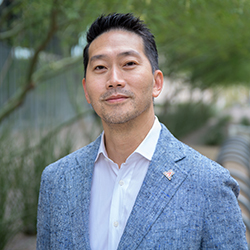
Roderick Tung, MD
Dr. Roderick Tung serves as the division chief of Cardiology and director of Cardiovascular Clinical Research for the Department of Internal Medicine at the University of Arizona College of Medicine – Phoenix and Banner – University Medical Center Phoenix. He also serves as the director of the Cardiovascular Center at Banner – University Medical Center Phoenix.
His vision is to create a premier cardiovascular destination in the Southwest with programs of distinction that deliver exceptional clinical outcomes through compassionate and innovative care.
Dr. Tung previously served as the director of Cardiac Electrophysiology at the University of Chicago and as a professor of Medicine at the Pritzker School of Medicine. Under his leadership, the program achieved a global reputation for both clinical and academic advancements in the field.
Dr. Tung earned his MD at Northwestern University Medical School in Chicago, Illinois; completed his residency at Massachusetts General Hospital and Harvard Medical School in the Department of Internal Medicine; completed his cardiology fellowship at Cedars-Sinai Medical Center in Los Angeles, California; and trained in cardiac electrophysiology at Beth-Israel Deaconess Medical Center and Harvard Medical School in Boston, Massachusetts.
He is board-certified in cardiovascular disease, as well as clinical cardiac electrophysiology and is an internationally recognized expert.
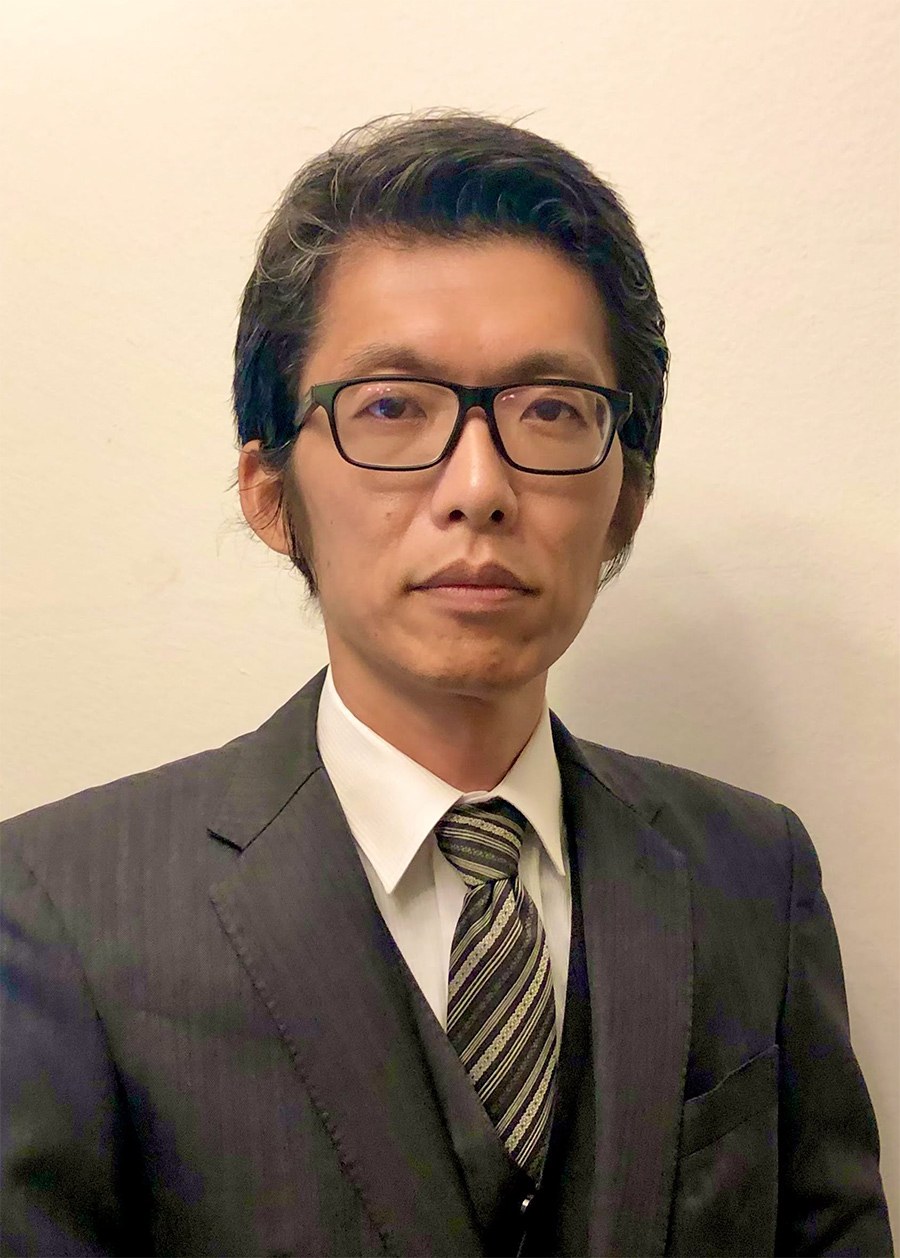
Shumpei Mori, MD PhD
Dr. Mori earned his MD at Niigata University Graduate School of Medicine in Niigata, Japan in 2001; completed his cardiology fellowship at National Cerebral and Cardiovascular Center in Osaka, Japan; and trained in coronary intervention, cardiac electrophysiology, cardiac anatomy, and cardiac imaging in Sendai Kosei Hospital in Miyagi, Japan and Kobe University Graduate School of Medicine in Hyogo.
Dr. Mori began his career as an invasive cardiologist, where he developed a deep interest in clinical cardiac anatomy after recognizing limitations in anatomical knowledge essential for interventional procedures. In 2013, he shifted his focus to cardiac anatomy and entered the Graduate School of Medicine at Kobe University as a post-graduate student. While pursuing his Ph.D., he served as Chief of the Cardiac Imaging Group and as an Assistant Professor in the Division of Cardiovascular Medicine, completing his degree in 2016 with an expedited graduation. In 2019, Dr. Mori joined Professor Shivkumar’s laboratory at UCLA as a visiting scholar. He was appointed to the faculty in 2022 and currently serves as an Adjunct Associate Professor in the Division of Cardiology, Department of Medicine, at the David Geffen School of Medicine at UCLA. He plays a key role in image preparation for the Amara Yad Project.
Dr. Mori has an extensive record of scholarly contributions, including over 200 peer-reviewed publications, more than 10 textbook chapters, three textbook editions, and seven journal cover features. His research spans a broad range of topics in cardiac anatomy, with particular focus on cardiac imaging, three-dimensional reconstruction, cadaveric dissection, high-resolution digital photography, photogrammetry, stereography, and 3D printing—all aimed at enhancing the understanding and clinical application of precise three-dimensional cardiac anatomy.
Drawing on his multidisciplinary expertise across various domains of cardiology, Dr. Mori currently serves as an Editor for Clinical Anatomy, International Associate Editor for the Journal of Cardiology, and Section Editor for JACC: Clinical Electrophysiology.
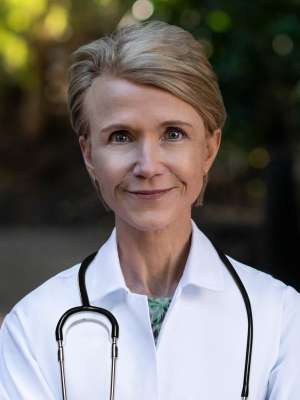
Barbara J. Natterson-Horowitz, MD
Barbara Natterson-Horowitz, M.D., develops bio-inspired strategies for understanding and addressing human health challenges. Her work focuses on the natural world and evolutionary biology as sources of insight for health and development. A Professor of Medicine in the UCLA Division of Cardiology and on faculty at Harvard University’s Department of Human Evolutionary Biology and Harvard Medical School, she co-directs the UCLA Evolutionary Medicine Program.
Studying a diverse range of animals in natural settings she has uncovered evolved adaptations with relevance to heart failure, sudden cardiac death, seizures, dementia, movement disorders, infertility and psychiatric conditions including anxiety, compulsive and eating disorders.
Her Phylogeny Lab studies the natural world as a source of insights to improve health and development. Dr. Natterson-Horowitz recently launched Female Health Across the Tree of Life, a research initiative bringing together leaders in Women’s Health, One Health and Planetary Health.
She is actively involved with education teaching undergraduates and graduate students at UCLA and Harvard, developing courses which use evolutionary and comparative approaches to help medical students better understand physical and mental illnesses.
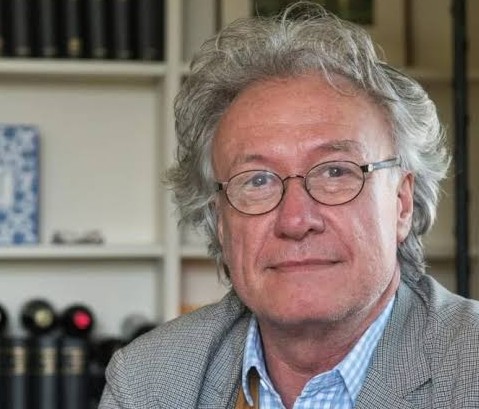
David Paterson, MA D.Phil, MSc D.Sc Hon D.Univ
David Paterson completed his doctoral studies (D.Phil, New College 1989) in the University Laboratory of Physiology at Oxford having been a graduate of the University of Otago (NZ 1979), and the University of Western Australia (1985). Following a MRC post doc/Junior Research Fellowship (Christ Church) in Oxford and at University of California, San Diego, he was appointed to a BHF lectureship in 1991, then to an established faculty post (University Lecturership) in 1994 and made a Tutorial Fellow of Merton College, Oxford. In 1998 he was made a Reader in Physiology, and in 2002 Professor of Physiology. In 2005 he received a Doctor of Science degree from the University of Western Australia.
From 2008-16 was Associate Head then Deputy Head (Vice Dean) of the Division of Medical Sciences at Oxford. During this period he Chaired the Divisions Research, Personnel and Education Committees. He has been a member of the executive committee of the BHF Centre of Research Excellence at Oxford, and a member of the national Research Assessment Exercise (RAE 2008 UoA15) and Research Excellence Framework (REF 2014 UoA5) panels. From 2011 to 2016 he served as Editor-in-Chief of The Journal of Physiology and was Consulting Editor for Physiology (2016-21). In 2021 he was made a reviewing editor of e-Life. He is a Fellow of the Royal Society of Biology (2003) and in 2014 was elected an Honorary Fellow of The Royal Society of New Zealand He Ahurei Honore a Te Apārangi. In 2016 he was appointed Head of Department of Physiology, Anatomy & Genetics at Oxford. He was elected as an inaugural Fellow of The Physiological Society in 2017. In 2018 he delivered the Carl Ludwig Distinguished Lecture for the American Physiological Society at Experimental Biology, and also elected President-elect of The Physiological Society to serve as President from 2020. In 2019 he was elected a Fellow of the American Physiological Society. In 2020 he was appointed as a Core Member of the UKRI-BBSRC Bioscience Advisory Panel for an Integrated Understanding of Health Strategy, and in 2021 elected as a member of The Academia Europaea. In 2023 Paterson became the European lead on a Leducq Transatlantic Network of Excellence Award with UCLA on Bioelectronics for Neurocardiology, elected an Honorary Fellow of The Physiological Society and awarded an Honorary Doctorate (HonDUniv) in Medical Sciences from the University of Western Australia. In 2024 he was elected as Oxford’s third Fellow to the Academy of International Union of Physiological Sciences, and in 2025 awarded an Honorary Doctor of Laws (HonLLD) from the University of Otago, New Zealand.
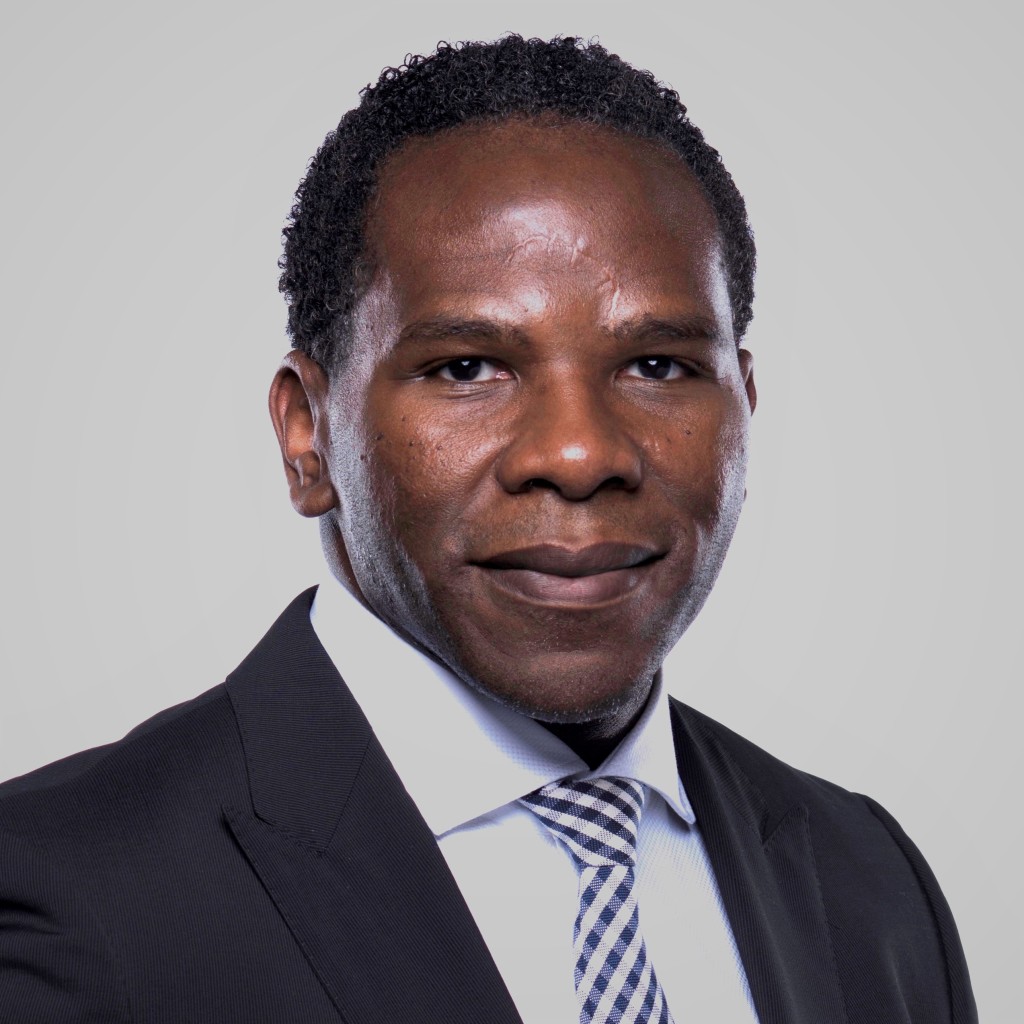
Olujimi Ajijola, MD PhD
Dr. Ajijola received his Bachelor’s degree with Distinction in Biology from the University of Virginia at Charlottesville, his medical degree from Duke University School of Medicine, and his PhD in Molecular, Cellular & Integrative Physiology from UCLA. He completed his residency training in internal medicine at Massachusetts General Hospital and his fellowships in Cardiology and Cardiac Electrophysiology at UCLA. He is currently an Associate Professor in the Department of Medicine and serves as the Director of the Neurocardiology Research Program of the UCLA Cardiac Arrhythmia Center, as well as Director of the ProSTAR-Physician Scientist Training Program (PSTP). He is a practicing interventional cardiac electrophysiologist and is recognized by the Southern California Super Doctors.
Dr. Ajijola’s research career has been dedicated to basic/translational investigation into the neural mechanisms of cardiac dysfunction and ventricular arrhythmias. In addition to the NIH Director’s New Innovator award, he is also a recipient of the A. P. Giannini Foundation postdoctoral award, the Jeremiah Stamler Award, and a Young Physician-Scientist Award from the American Society for Clinical Investigation (ASCI). He is an alumnus of the New Voices program of the National Academies of Science, Engineering, and Medicine, and is known for his achievements in leadership, and outstanding teaching & mentorship.